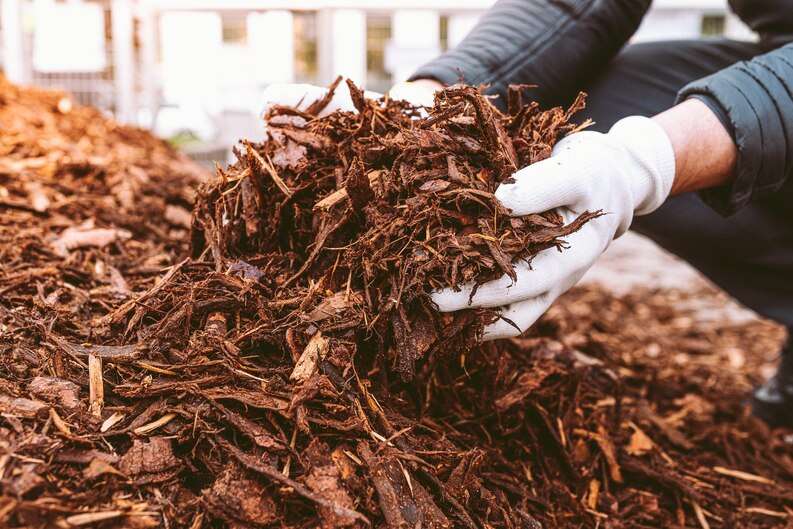Introduction
In today’s world, the importance of adopting eco-friendly practices is becoming increasingly clear. This is especially true for the export industry, where negative environmental impacts can have far-reaching consequences. This essay will explore the sustainable and eco-friendly properties of a material called coir, and provide 5 reasons why it is the superior choice for exporting.
Definition of Coir and its Origins
Coir is a natural fibre extracted from the husk of coconut fruits. It has been used for centuries in various industries due to its durability and strength. Coir is most commonly produced in countries such as India, Sri Lanka, and the Philippines.
Importance of adopting eco-friendly practices in exporting
Exporting is a major contributor to global environmental impact. Adopting eco-friendly practices is crucial to minimizing this impact. By choosing sustainable materials, companies can not only reduce their carbon footprint but also set a positive example for other industries to follow.
Reason 1: Biodegradability
Coir is a highly biodegradable material. It has a natural ability to decompose, which makes it an ideal choice for minimizing waste. Compared to other biodegradable materials such as paper and cardboard, coir decomposes at a much faster rate, which reduces the amount of time it stays in the environment.
Comparison to other biodegradable materials
- Paper and cardboard take an average of 2-6 weeks to decompose.
- Coir takes an average of 3-9 months to decompose.
Reason 2: Renewable Resource
Coir is a renewable resource, which means it is naturally replenished over time. This makes it a sustainable option, unlike non-renewable resources such as plastic and synthetic fibres, which have a finite supply.
Comparison to non-renewable resources
- Non-renewable resources such as plastic and synthetic fibres take thousands of years to decompose.
- Coir is a natural product that can be replenished in a matter of months.
Reason 3: Reduced Environmental Impact
Coir cultivation requires minimal water and fertilizers compared to other agricultural methods. This reduces the environmental impact of production and ensures that the material is grown sustainably.
Negative effects of traditional agriculture methods
- Traditional agriculture methods require large amounts of water and fertilizers, leading to soil degradation and water pollution.
- Coir cultivation requires significantly less water and fertilizers, making it a more sustainable option.
Reason 4: Endless Applications
Coir is a versatile material that has a wide range of applications. It can be used in industries such as agriculture, construction, and textile production. The versatility of coir makes it an excellent choice for companies looking to incorporate eco-friendly materials into their products.
Various industries that utilize coir
- Agriculture: coir is used as a growing medium for plants and as a soil amendment.
- Construction: coir is used as insulation and as a material for erosion control.
- Textile production: coir fibres can be spun into yarn and used in the production of textiles.
Reason 5: Reduced Carbon Footprint
The production of coir results in a significantly lower carbon footprint compared to other materials. This is due to its natural properties and sustainable production methods.
Comparison to other products’ carbon footprint
- The production of plastic has a carbon footprint of 6-7 kg CO2 per kg of product.
- The production of coir has a carbon footprint of 0.4 kg CO2 per kg of product.
Conclusion
In conclusion, coir is an excellent choice for companies looking to adopt sustainable and eco-friendly practices in exporting. Its biodegradability, renewable resource status, reduced environmental impact, endless applications, and reduced carbon footprint make it a superior option to many other materials.
Call to action
I urge individuals and companies in the export industry to consider coir as a sustainable and eco-friendly option for their products. By choosing sustainable materials, we can reduce our carbon footprint and make a positive impact on the environment.
FAQs
What is coir?
Coir is a natural fibre extracted from the husk of coconut fruits.
Is coir expensive to produce?
Coir is relatively inexpensive to produce, especially when compared to non-renewable resources such as plastic.
How long does it take for coir to decompose?
Coir takes an average of 3-9 months to decompose, depending on various environmental factors.
Can coir be recycled?
Yes, coir can be recycled and reused in various applications.
What industries commonly use coir products?
Coir is commonly used in the agriculture, construction, and textile production industries, among others.


